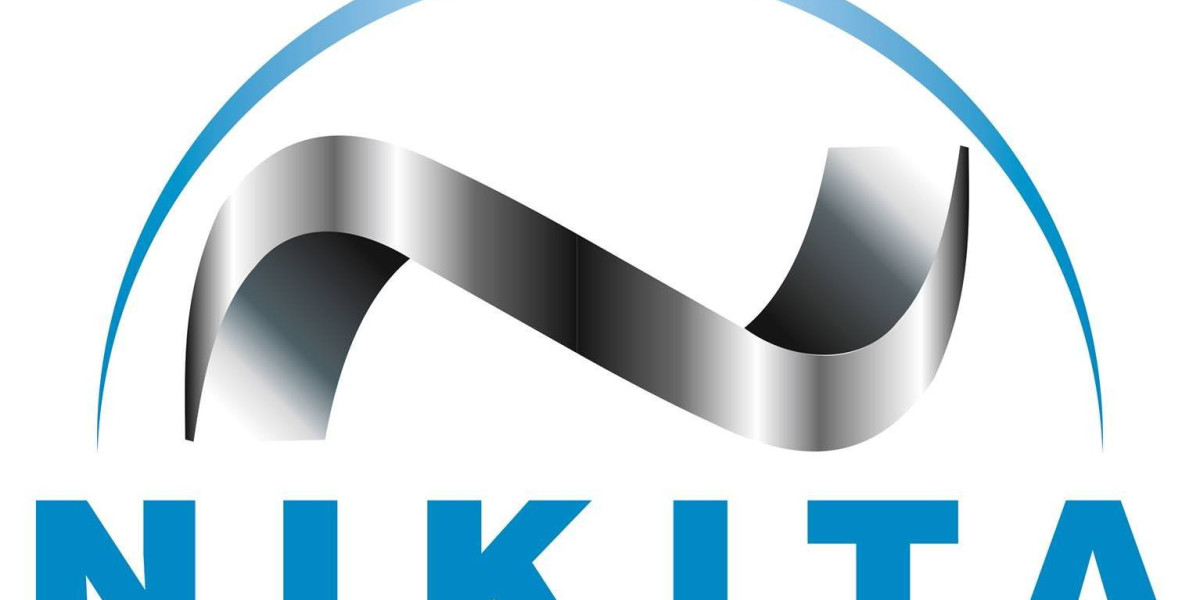When it comes to sourcing materials for production, selecting the right tin manufacturer is a critical decision. Tin is widely used in various industries, from electronics and automotive manufacturing to packaging and food preservation. The quality of tin products can directly impact the durability, performance, and safety of the end product, making the selection of a reliable and capable manufacturer an important consideration.
1. Quality Control and Standards
One of the most important factors to consider when selecting a tin manufacturer is their commitment to quality control. Tin is often used in applications that require precise specifications, such as electronics and food packaging, where consistency and reliability are paramount. A reputable tin manufacturer should adhere to strict quality control processes to ensure that the tin products meet industry standards and the specific needs of your business.
Look for manufacturers who have certifications or accreditations from recognized quality standards organizations, such as ISO 9001 or other relevant certifications. These indicate that the manufacturer follows best practices in production, testing, and inspection, and is committed to delivering high-quality products. Moreover, it’s important to inquire about the manufacturer’s quality assurance processes, such as the testing of tin for purity, strength, and other essential characteristics, to ensure that the materials meet your requirements.
2. Production Capacity and Lead Time
Another crucial factor to consider is the manufacturer's production capacity and lead time. Whether you're producing large volumes of product or need small batches of specialized tin items, it’s important to choose a manufacturer who can meet your volume requirements. A reliable tin manufacturer should be able to scale production according to your needs, ensuring that you receive the necessary materials on time.
Lead time is also an important consideration, particularly if your production schedules are tight or if you operate in industries with high demand fluctuations. The manufacturer should be transparent about their lead times, and their ability to meet deadlines should align with your project timelines. A manufacturer with a strong production capacity and flexible lead times can help you avoid delays and ensure that your own products are delivered to market on time.
3. Cost and Value
While cost is an important factor in any business decision, it is crucial to assess the overall value a tin manufacturer offers rather than just the price point. A lower price might initially seem appealing, but it could come at the expense of quality, reliability, or sustainability. On the other hand, the highest-priced option may not necessarily be the best choice if it doesn't offer additional value in terms of product consistency, customer service, or innovation.
When evaluating cost, consider the total cost of ownership, which includes factors like product quality, long-term performance, potential waste reduction, and sustainability practices. Some manufacturers may offer competitive pricing while providing additional value through superior quality control, better customer support, or environmentally friendly practices, which can ultimately save you money in the long run.
4. Sustainability Practices
Sustainability is becoming an increasingly important factor for businesses that are looking to improve their environmental footprint. As global demand for more eco-friendly products rises, tin manufacturers who prioritize sustainability in their operations are in high demand. When selecting a tin manufacturer, consider their commitment to sustainable practices.
This can include everything from sourcing raw materials responsibly to implementing energy-efficient production processes and using renewable energy. Many manufacturers also focus on recycling, using recycled tin in their products, or employing processes that reduce waste. If your business is aiming to improve its sustainability efforts or meet specific environmental standards, choosing a manufacturer that shares these values will help you align with your sustainability goals.
5. Reputation and Experience
The reputation and experience of a tin manufacturer should be a key consideration in your selection process. A manufacturer with years of experience in the industry is likely to have the expertise and know-how to handle a wide range of challenges and deliver high-quality products. In addition, a strong reputation among previous clients is a good indicator of the manufacturer’s reliability and customer service.
Researching customer reviews, testimonials, and case studies can provide valuable insights into the manufacturer’s performance and customer satisfaction. Furthermore, consider reaching out to existing clients or industry peers to gather recommendations and hear about their experiences working with the manufacturer.
6. Customization and Flexibility
Not all tin applications are the same, and your business may require customized solutions to meet specific needs. Whether you're looking for a certain alloy composition, specific tin coatings, or custom packaging solutions, it's essential to choose a tin manufacturer who can accommodate these requirements. Customization is especially important in industries like electronics, where tin-based solders need to meet very precise standards, or in packaging, where size, shape, and coating properties matter.
The ability of a manufacturer to offer flexible solutions and work with you to create products tailored to your specifications can make a significant difference in the success of your operations. A manufacturer that can offer design assistance, prototype development, and product modifications is an asset to businesses looking for unique or specialized tin products.
7. Customer Support and Communication
Excellent customer service is essential when selecting a tin manufacturer. You need a partner who is responsive, communicative, and willing to work with you to solve any issues that may arise. A manufacturer who provides clear communication and has dedicated support teams will make it easier to resolve any challenges, whether it's a quality control issue, a delivery delay, or a technical question.
Additionally, consider whether the manufacturer offers post-sale support, such as technical assistance or troubleshooting services. A good customer support team can help you navigate any complexities related to the use or application of tin products, ensuring that you get the most value from your purchase.
8. Location and Logistics
Finally, consider the location of the tin manufacturer and how it impacts your logistics. Proximity to your business or to key distribution points can reduce shipping times and costs. Additionally, manufacturers with well-established logistics networks or partnerships can ensure more reliable and timely deliveries, which is particularly important for businesses that operate in fast-paced industries.
Selecting a manufacturer with a location close to your operations or key suppliers can also minimize disruptions in the supply chain and reduce the risks associated with international shipping and customs delays.
Conclusion
Selecting the right tin manufacturers is an essential decision for ensuring that your business receives high-quality, reliable products. By considering key factors such as quality control, production capacity, sustainability, and customer support, you can make an informed decision that meets both your short- and long-term business needs.
Whether you require tin for packaging, electronics, or other applications, choosing the right manufacturer is crucial to maintaining the integrity of your products and ensuring a successful supply chain. With the right partner, you can enhance your operations, improve your product offerings, and meet your sustainability goals.








